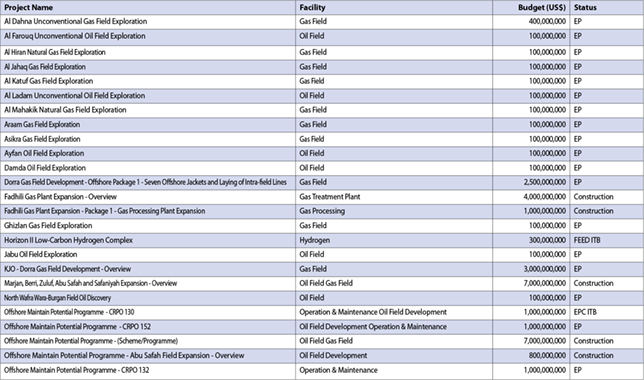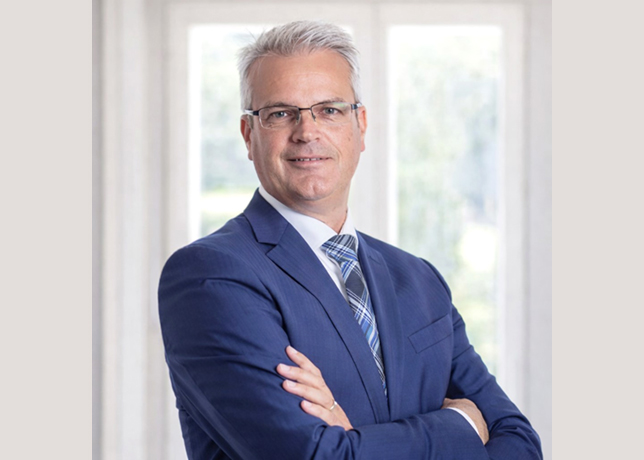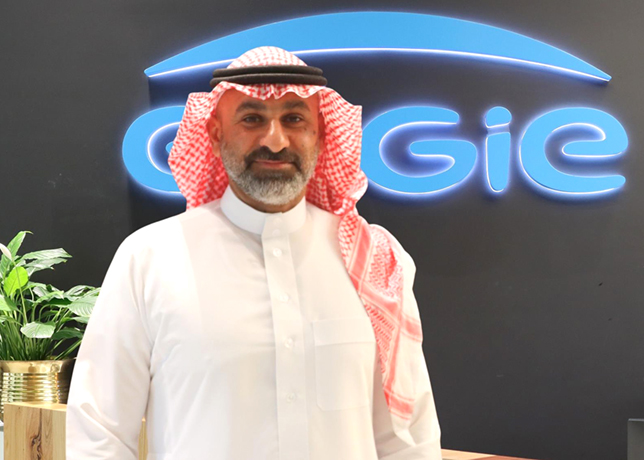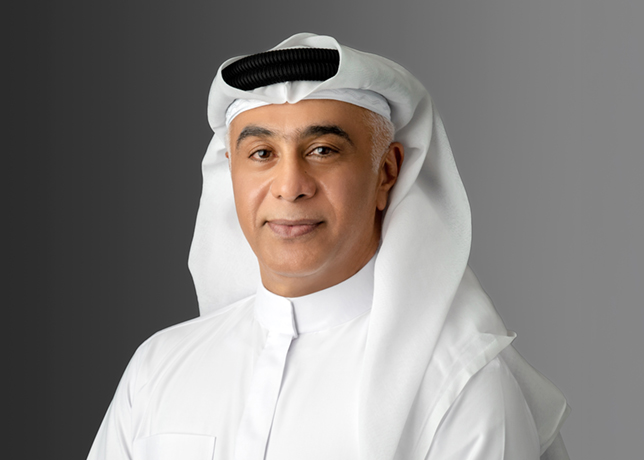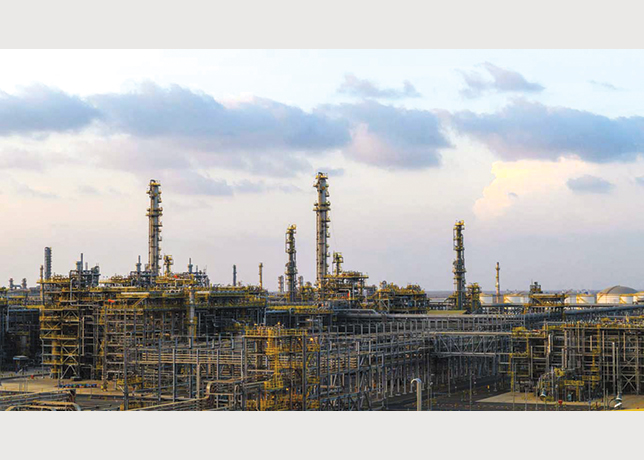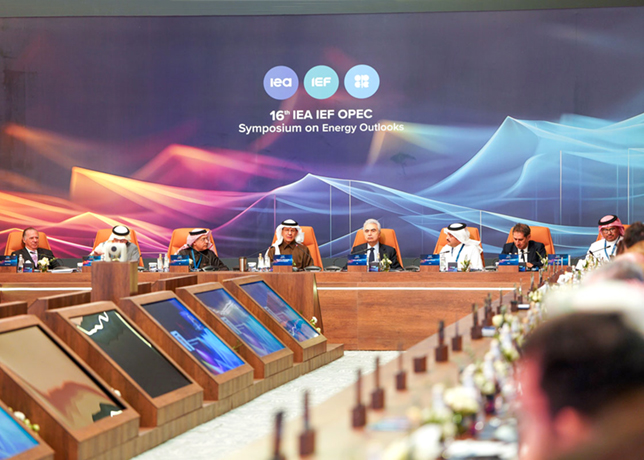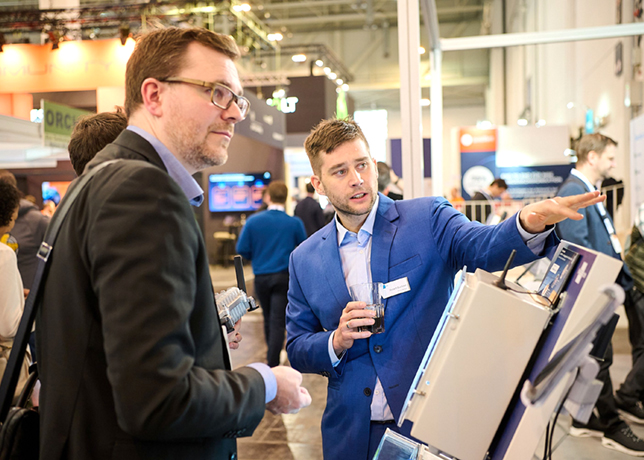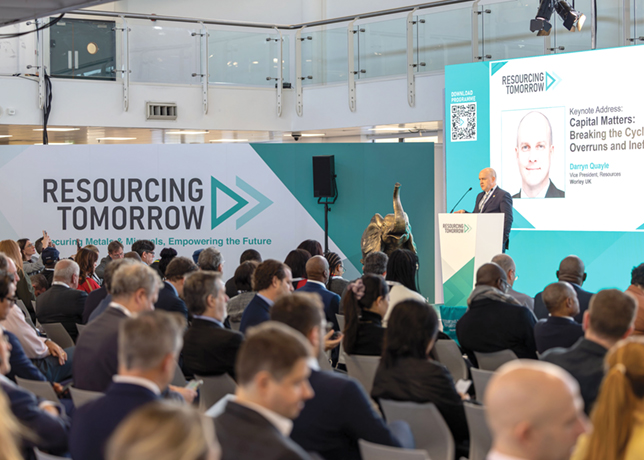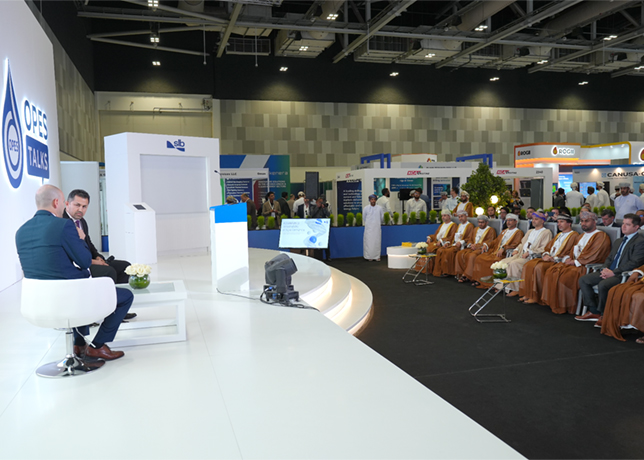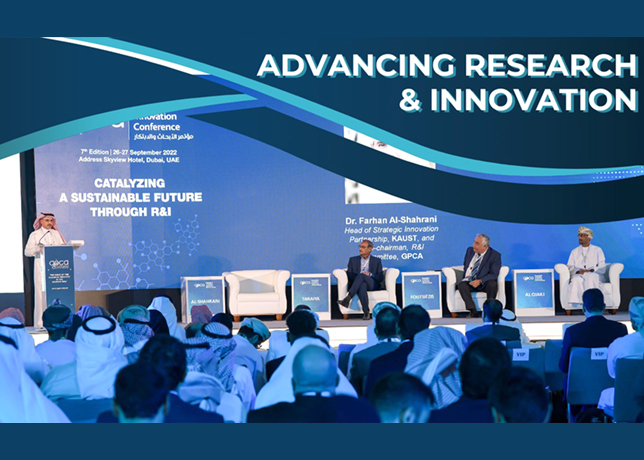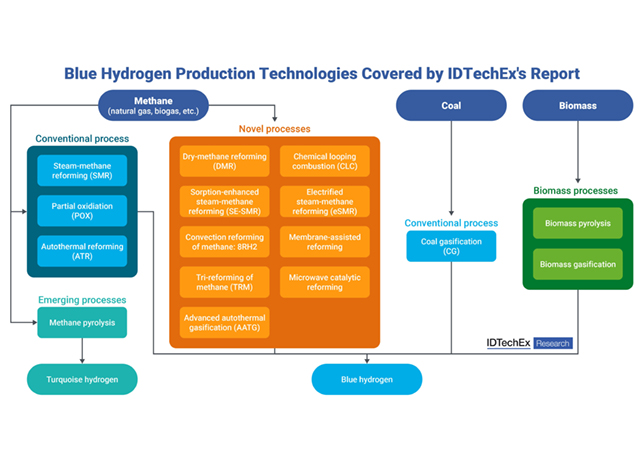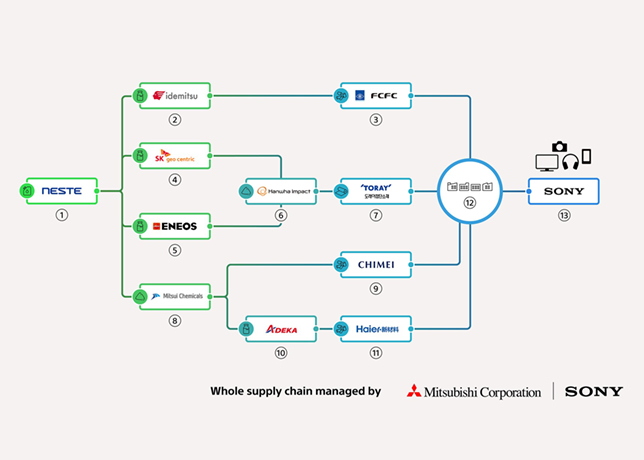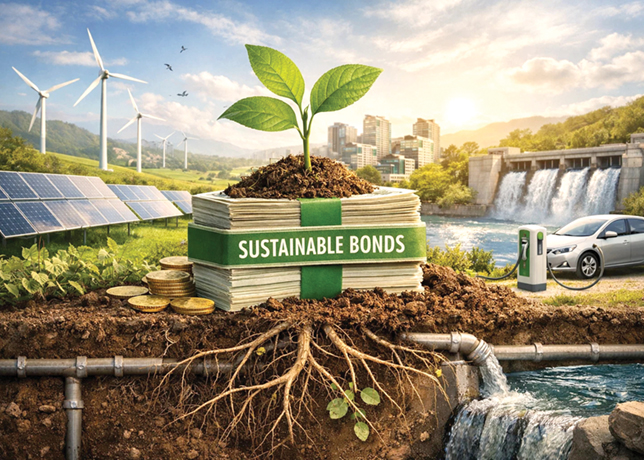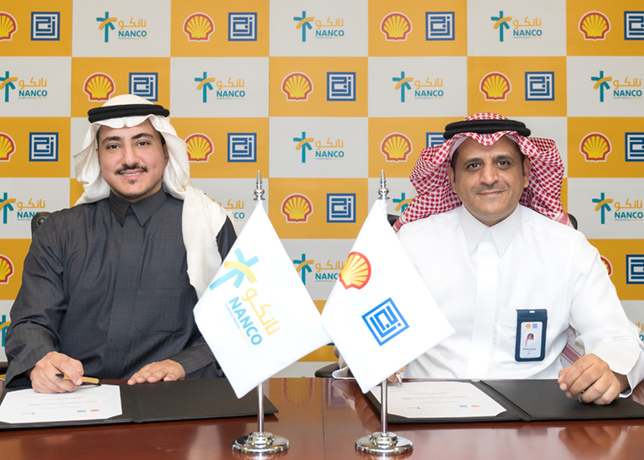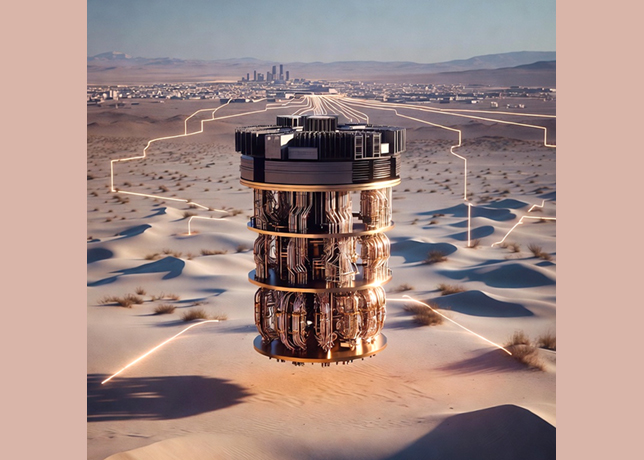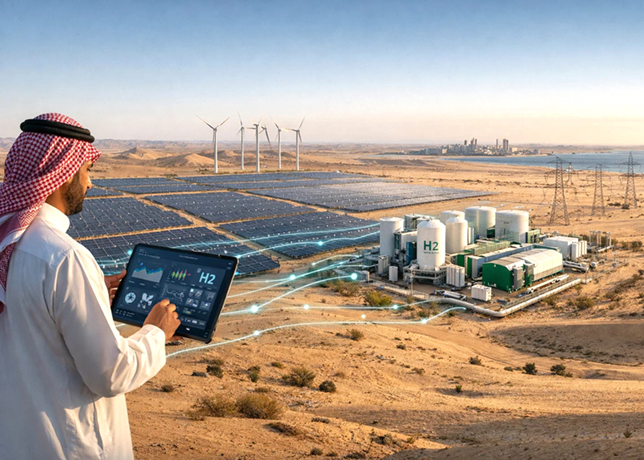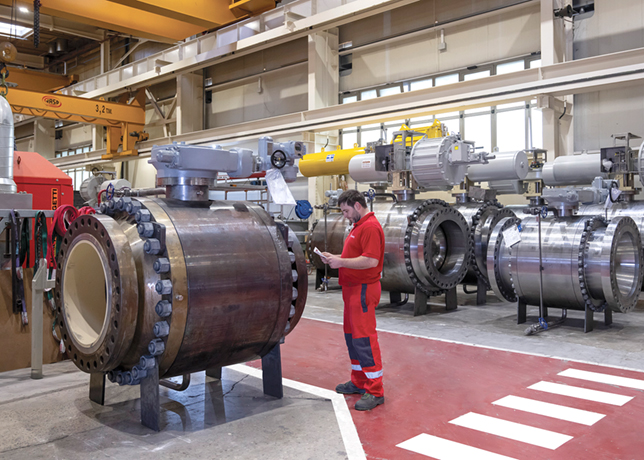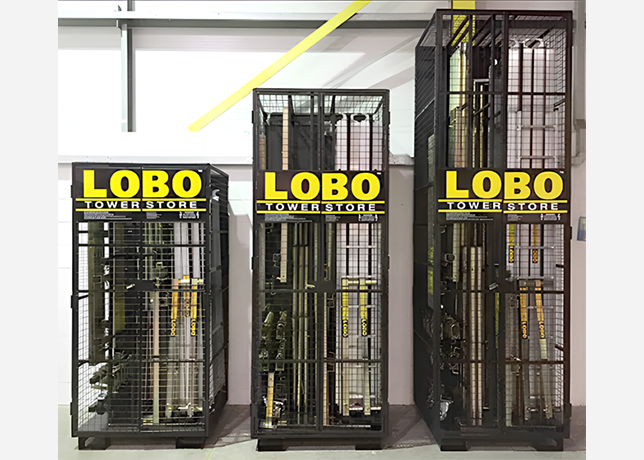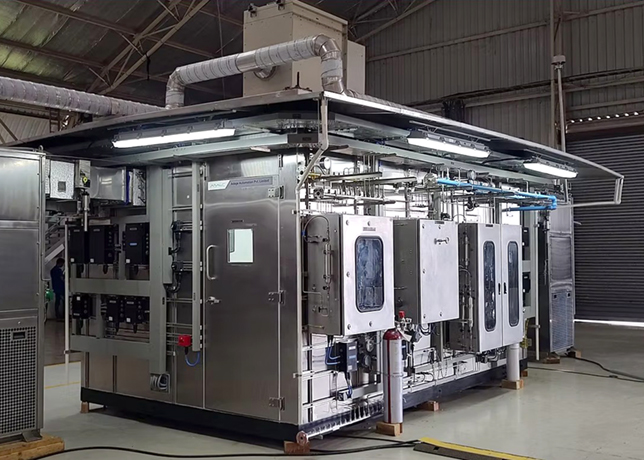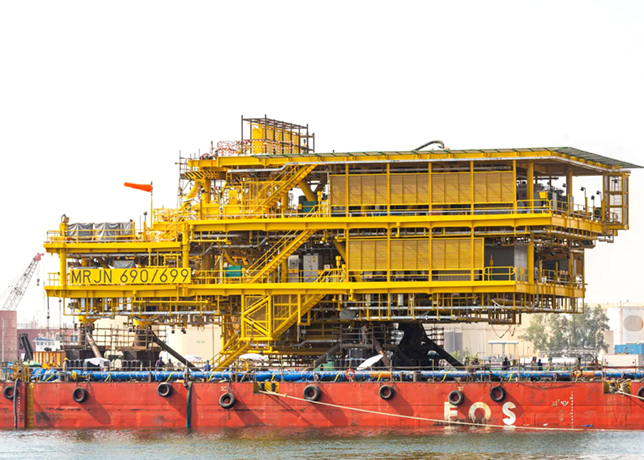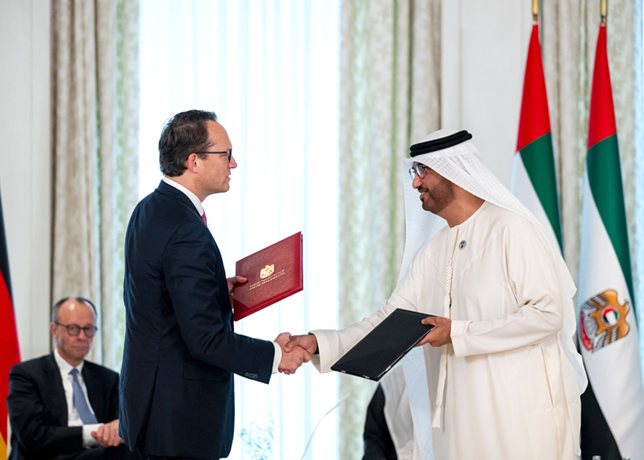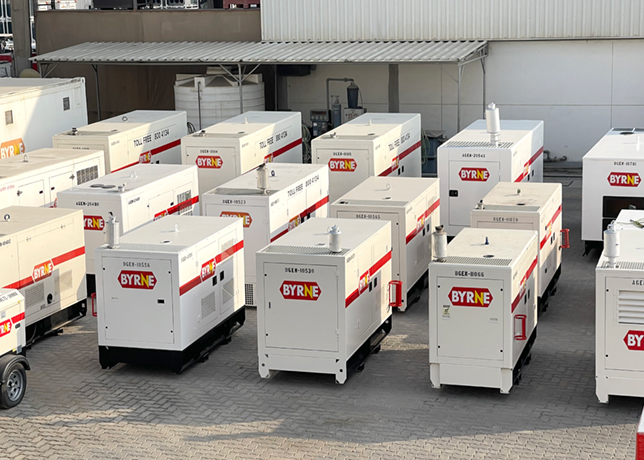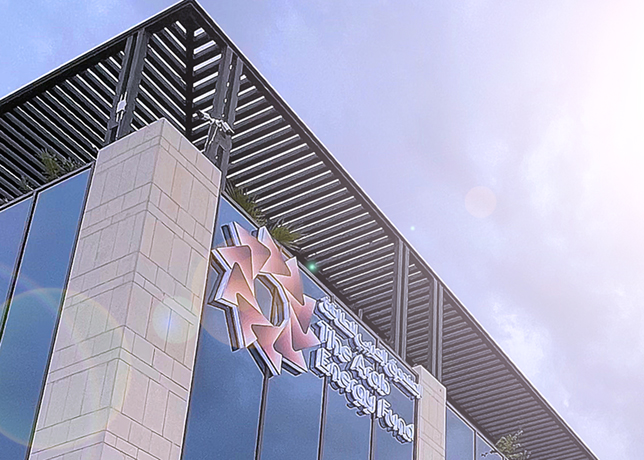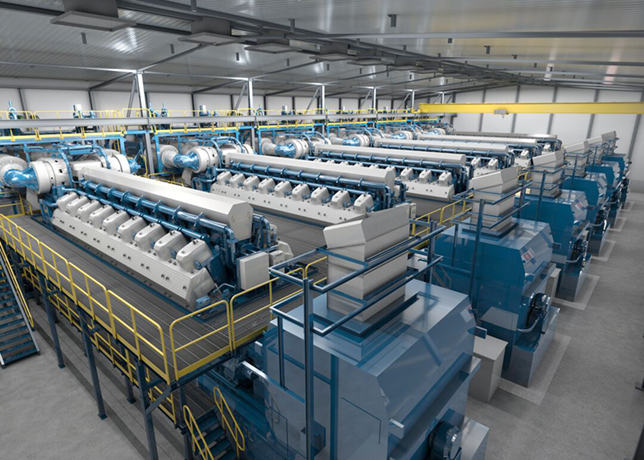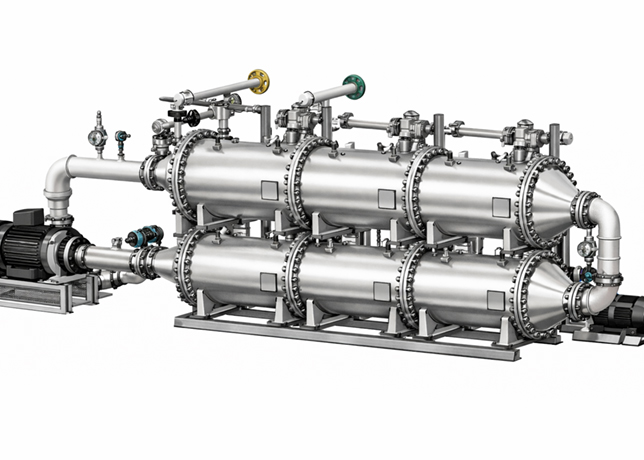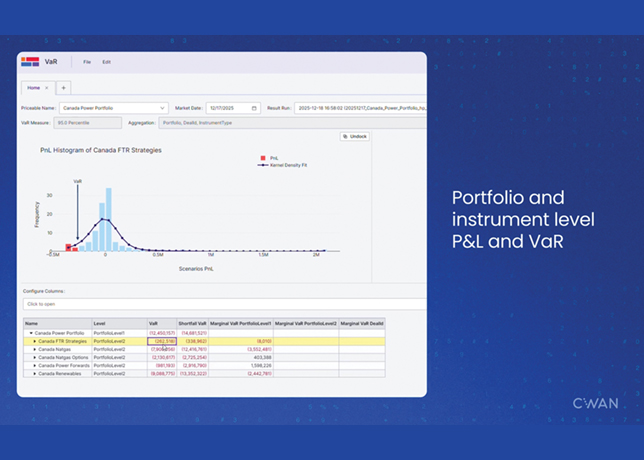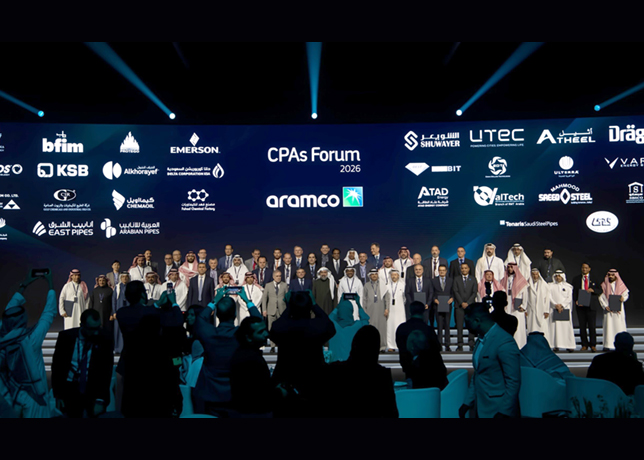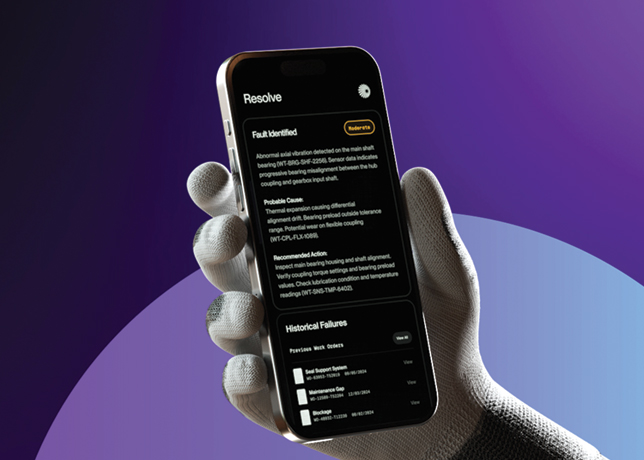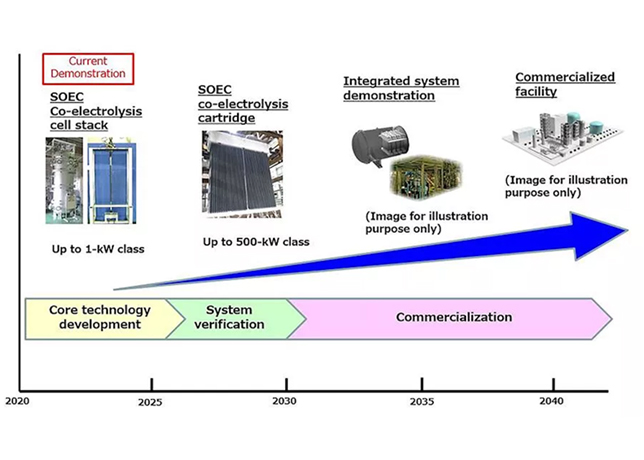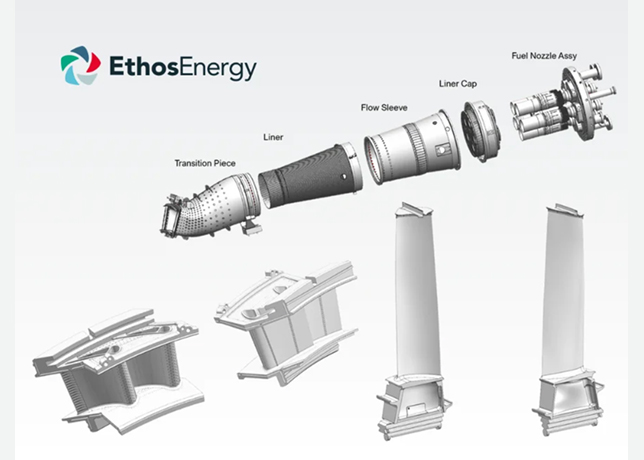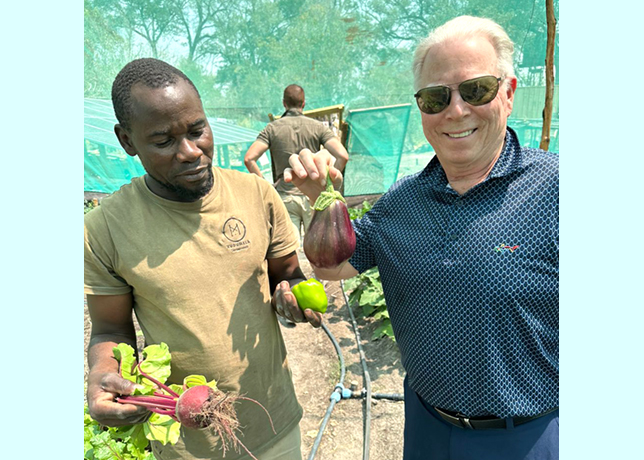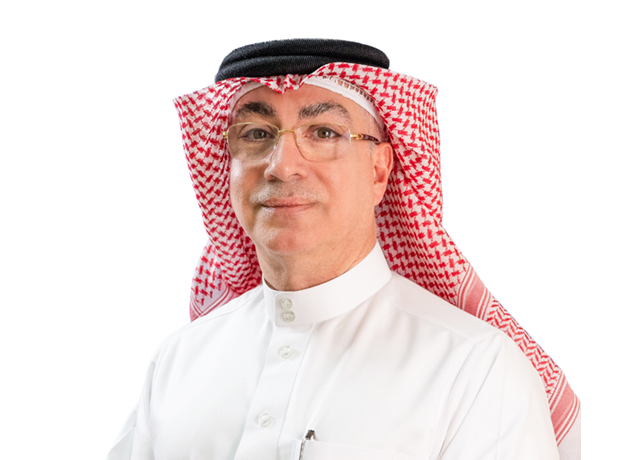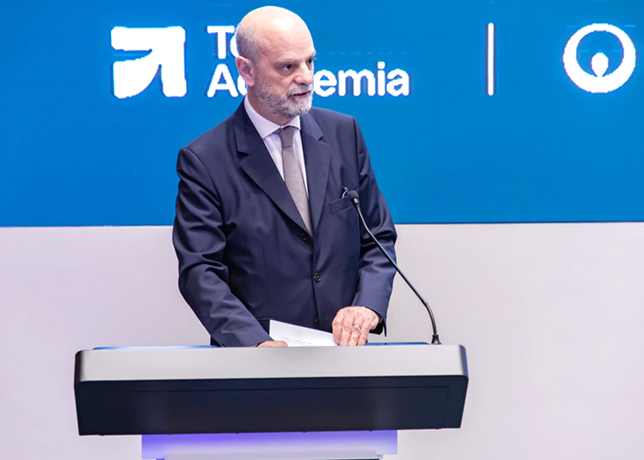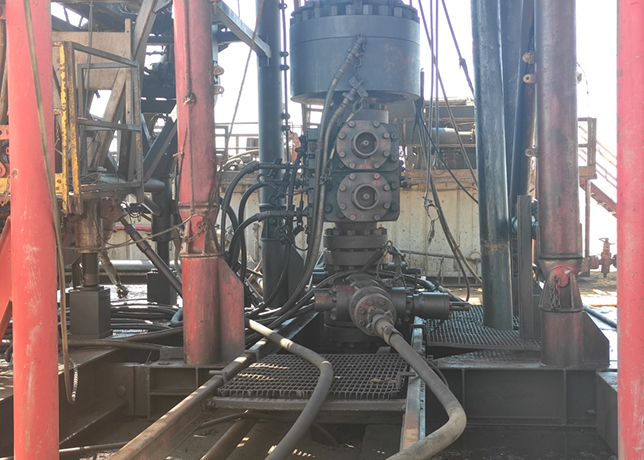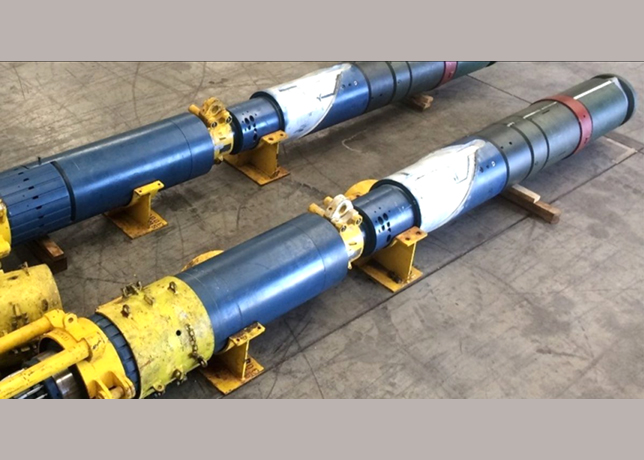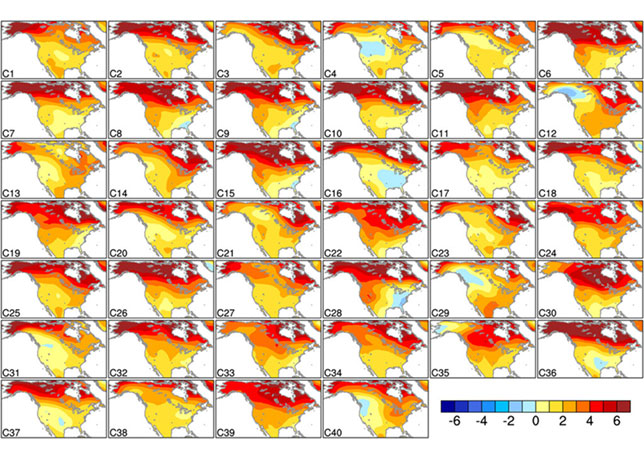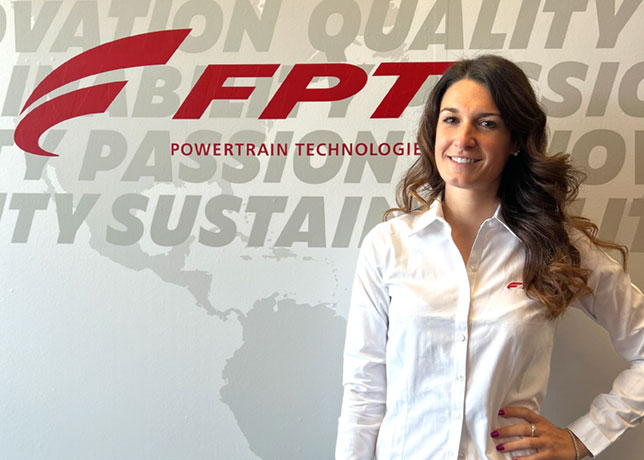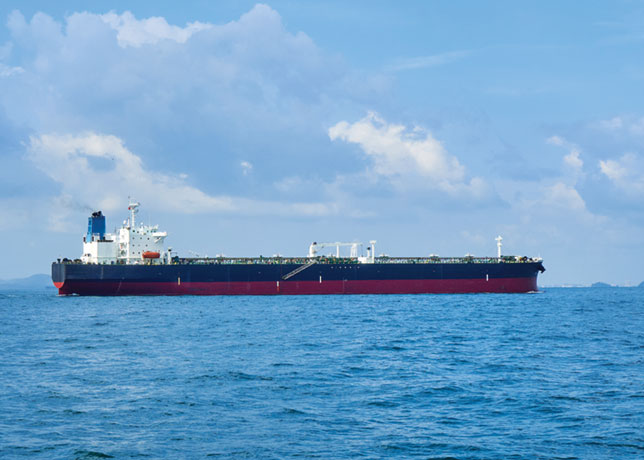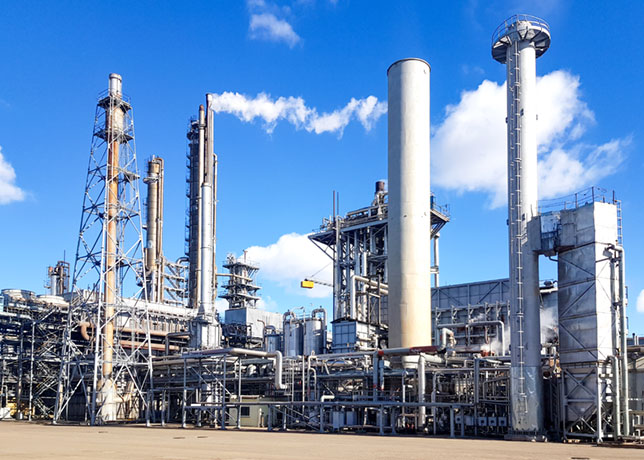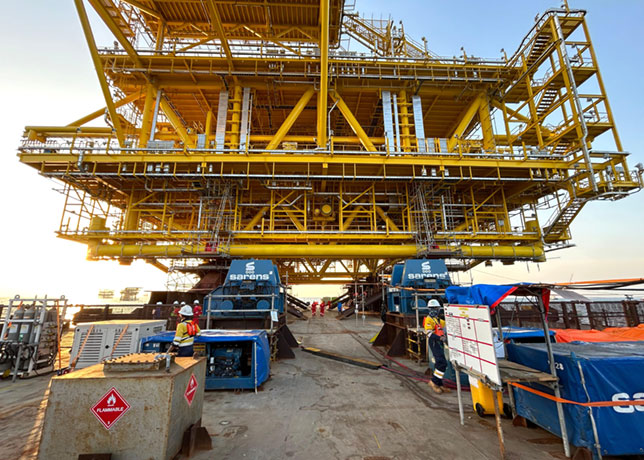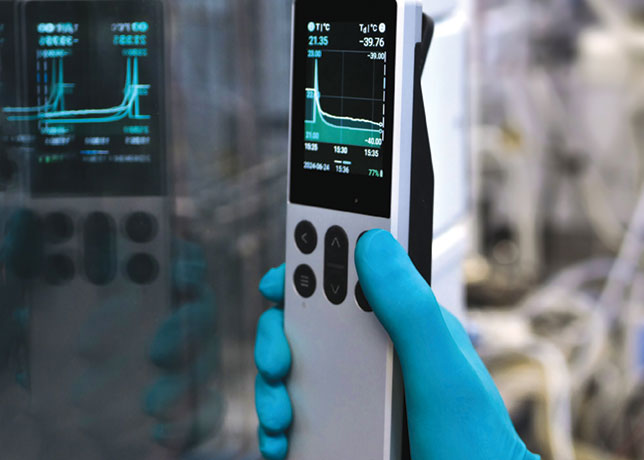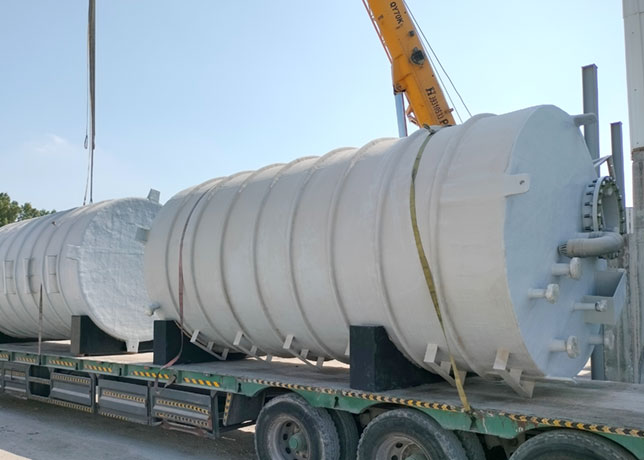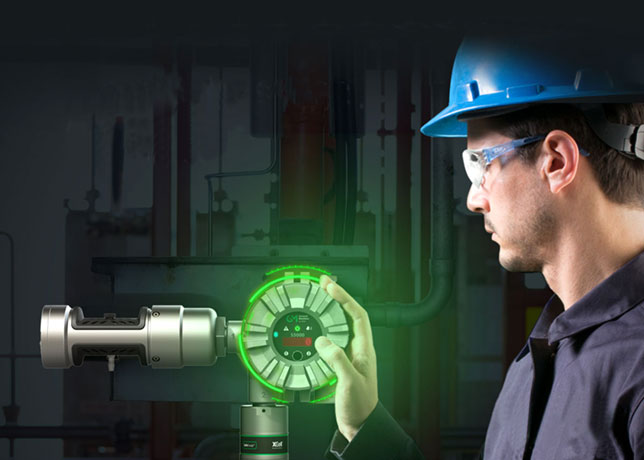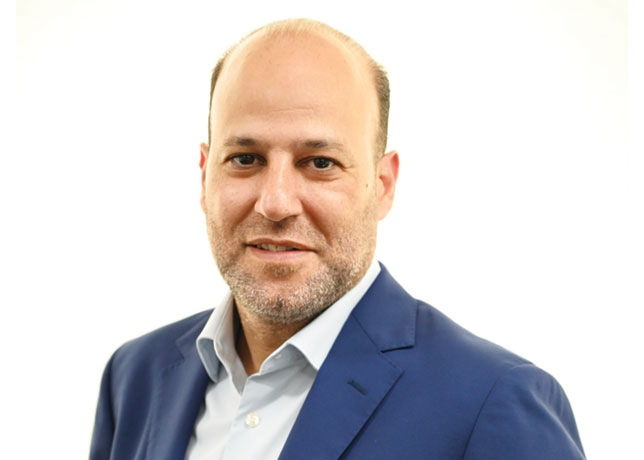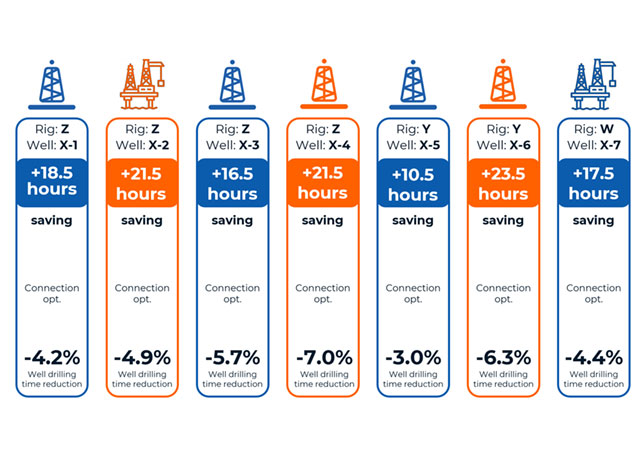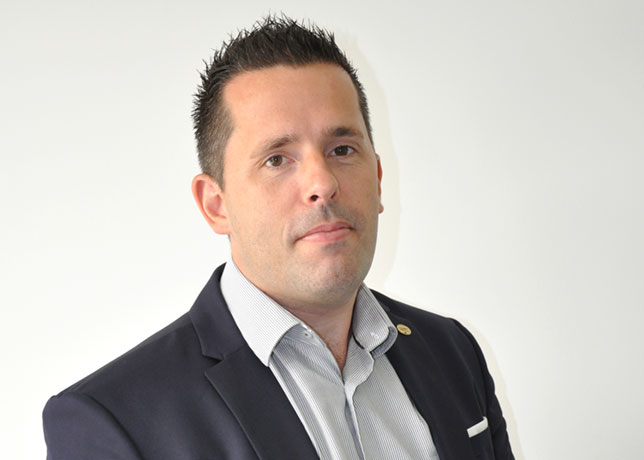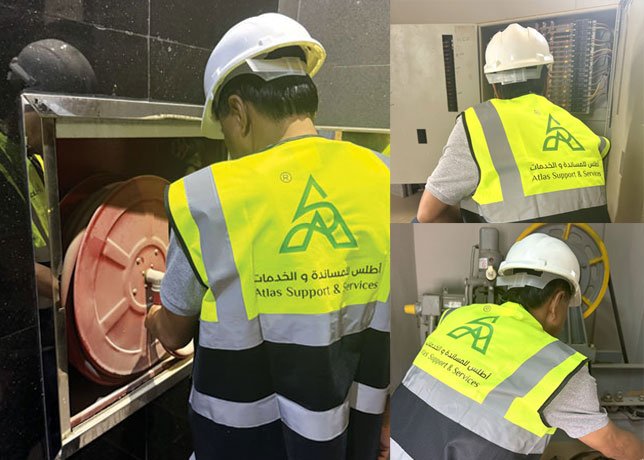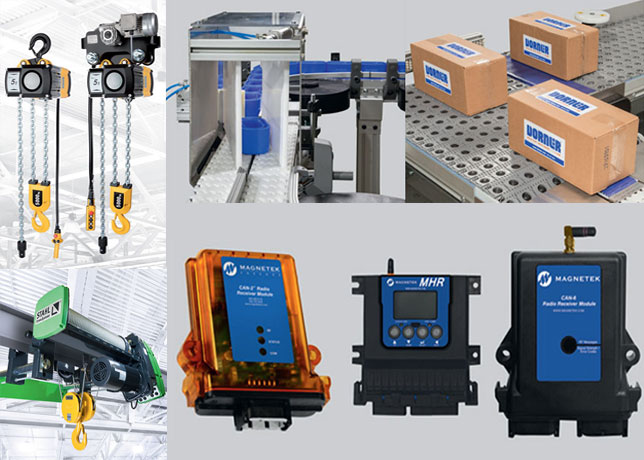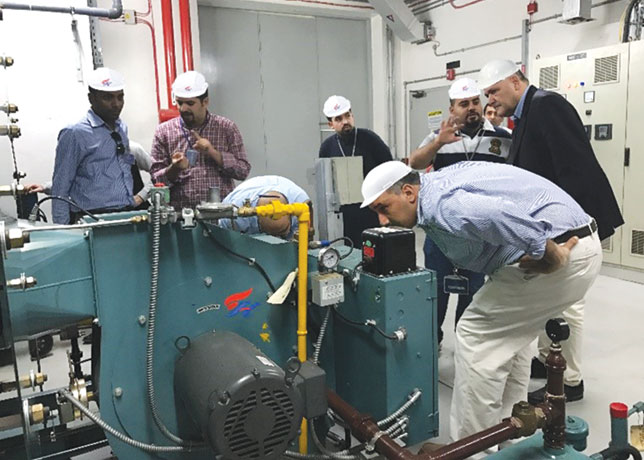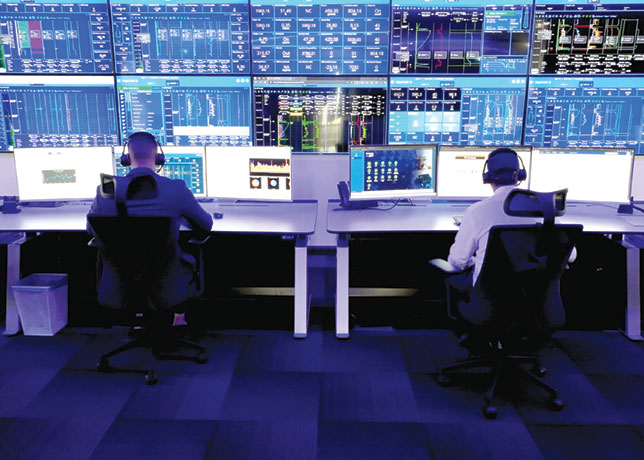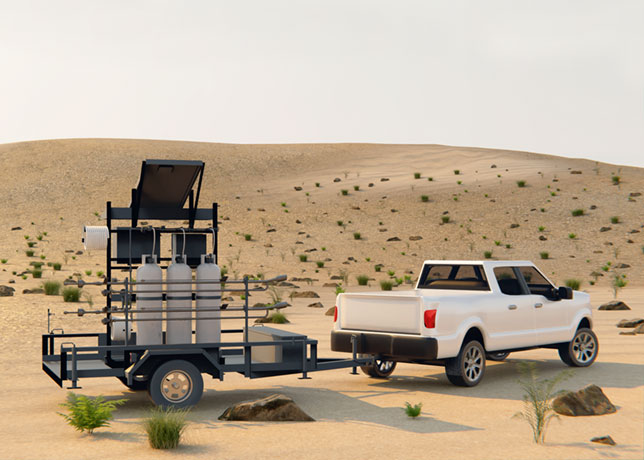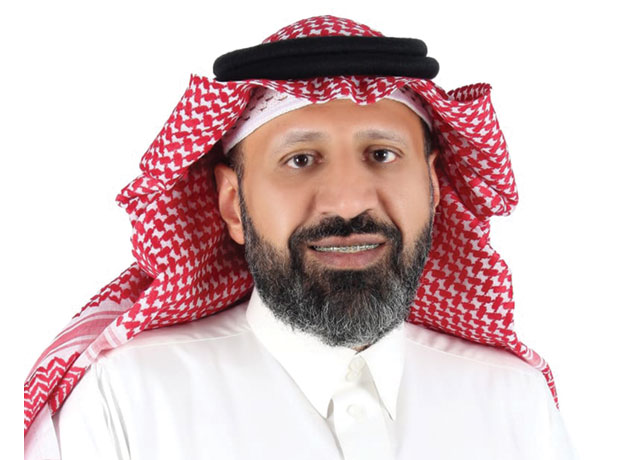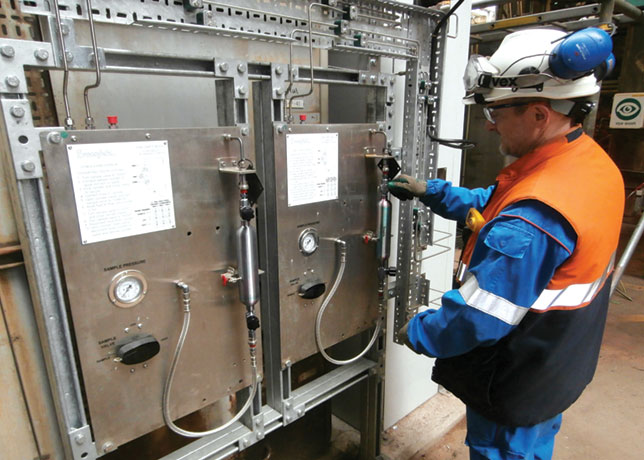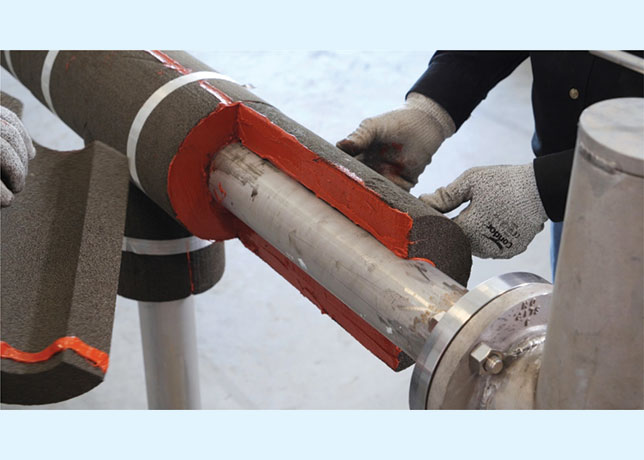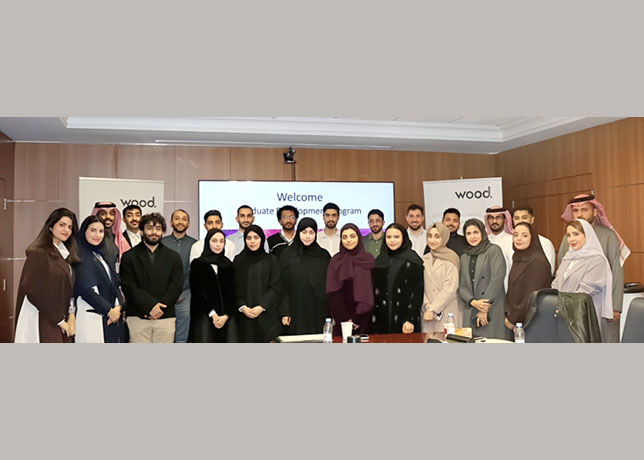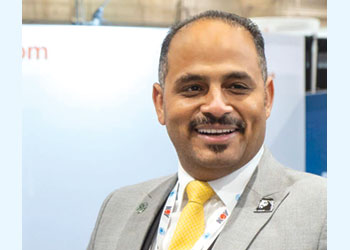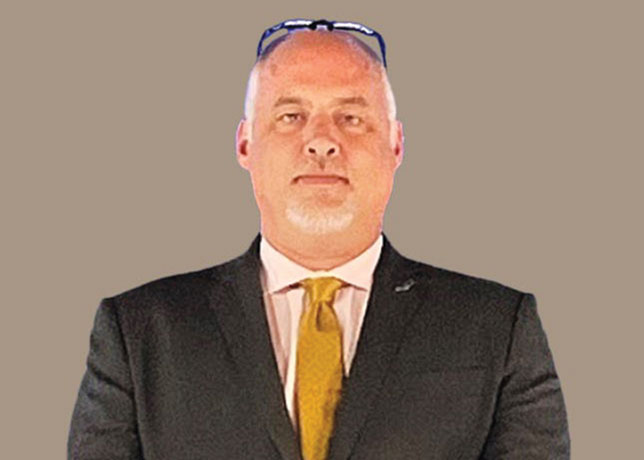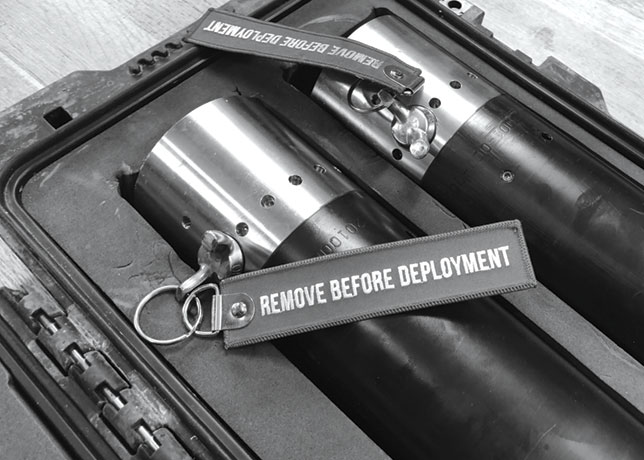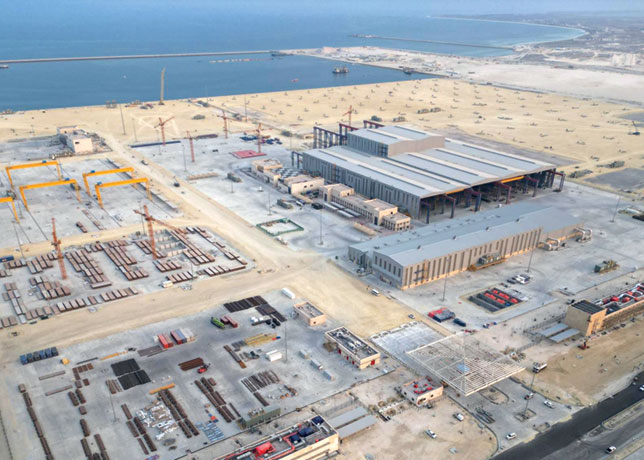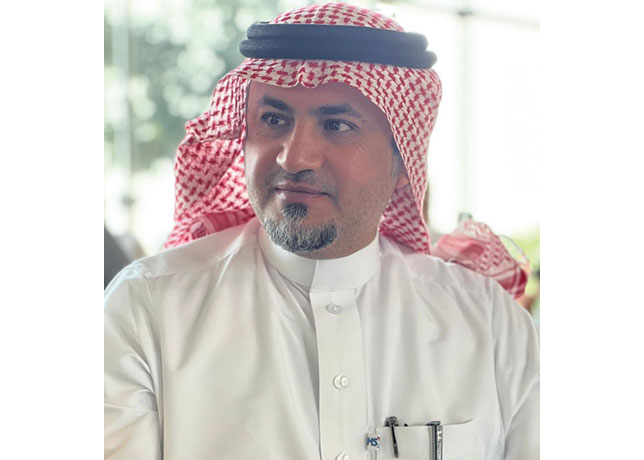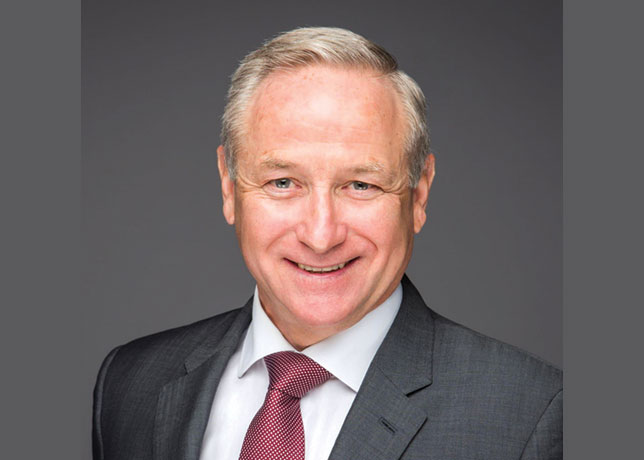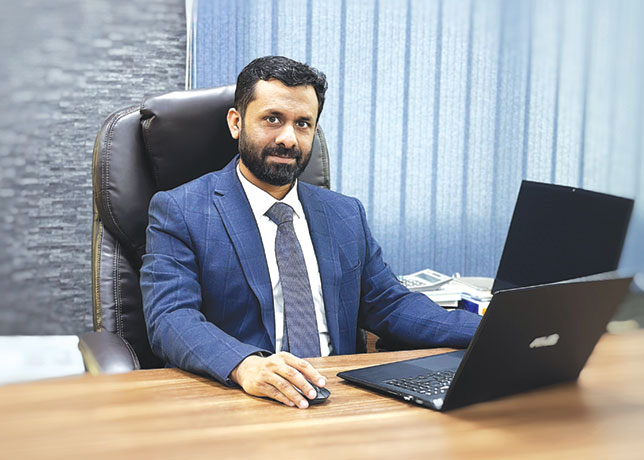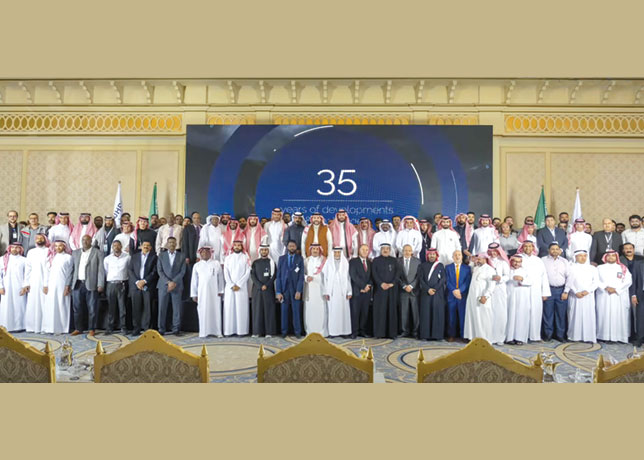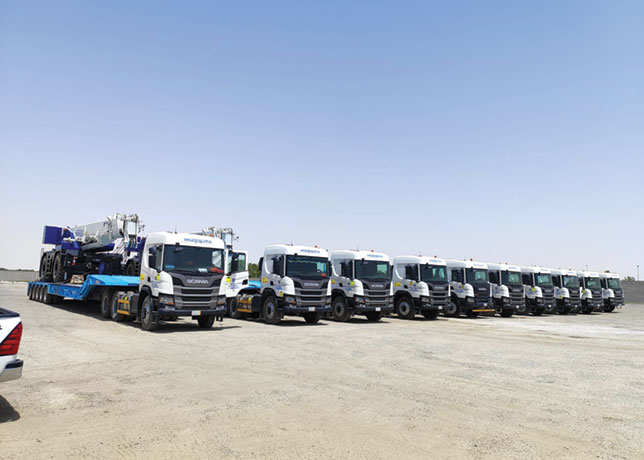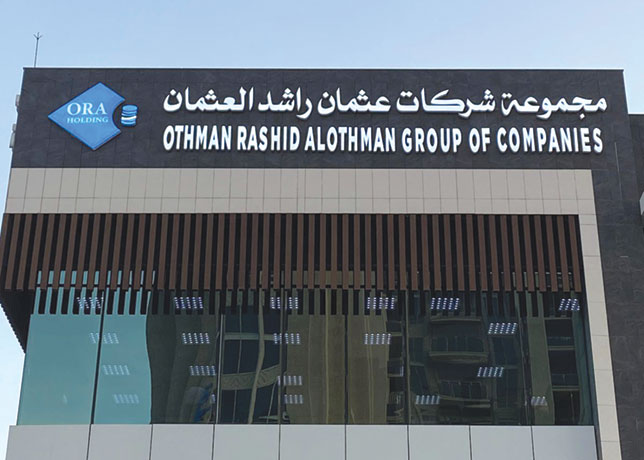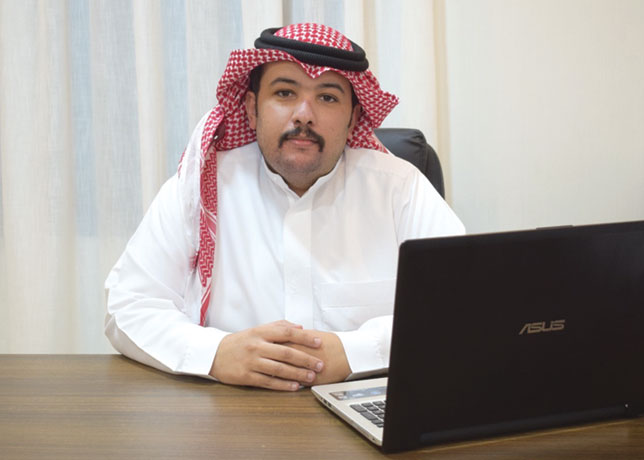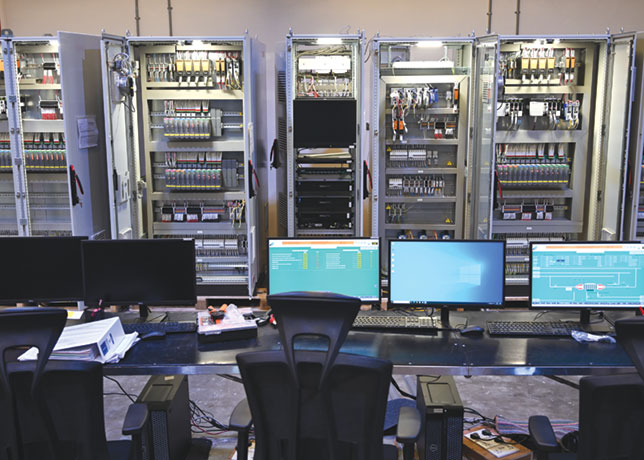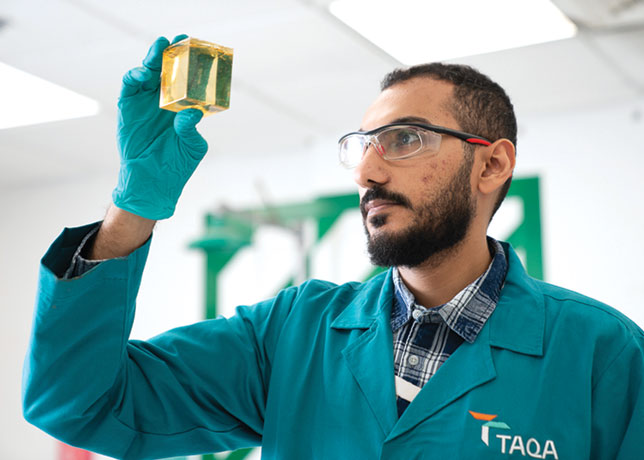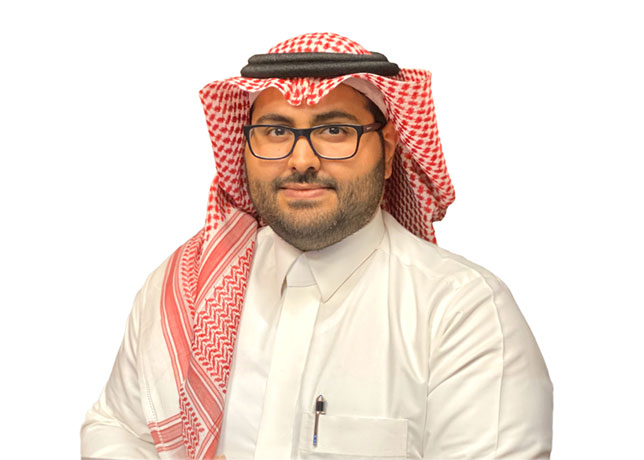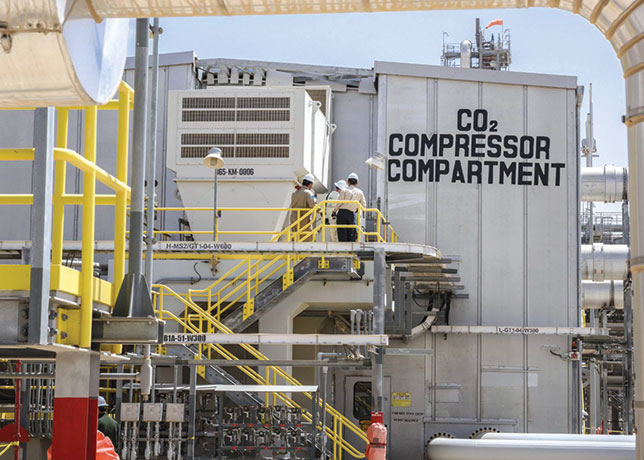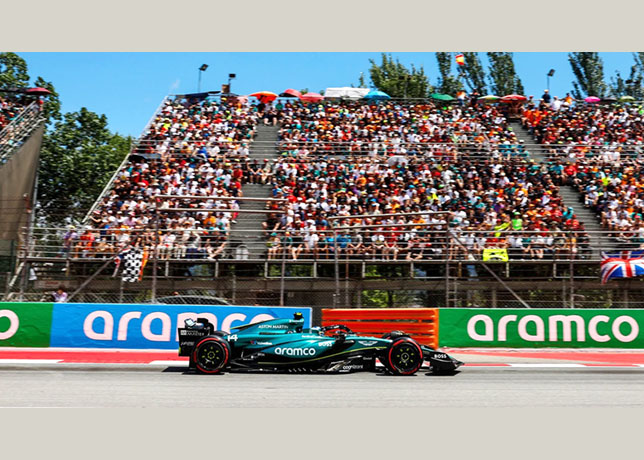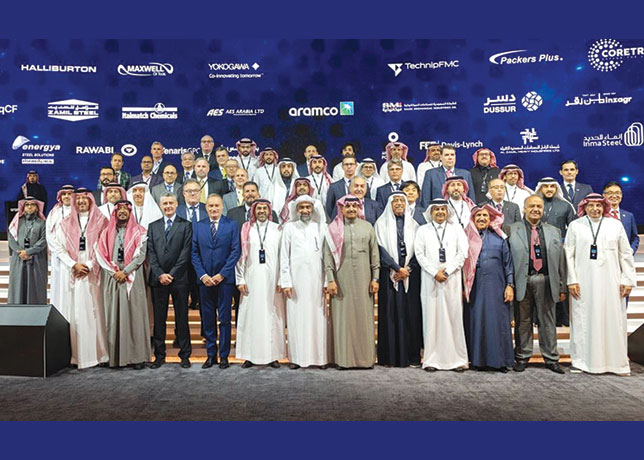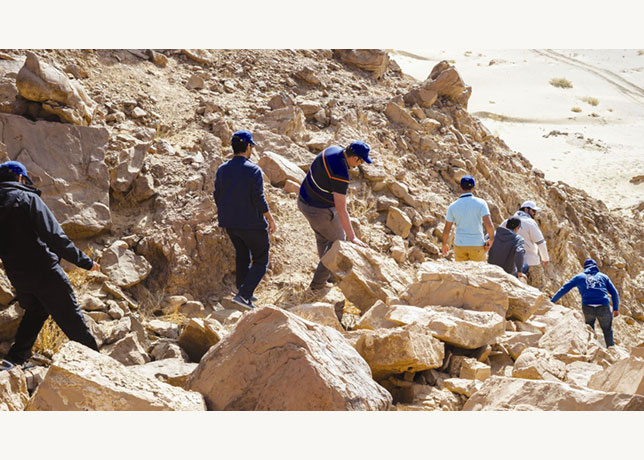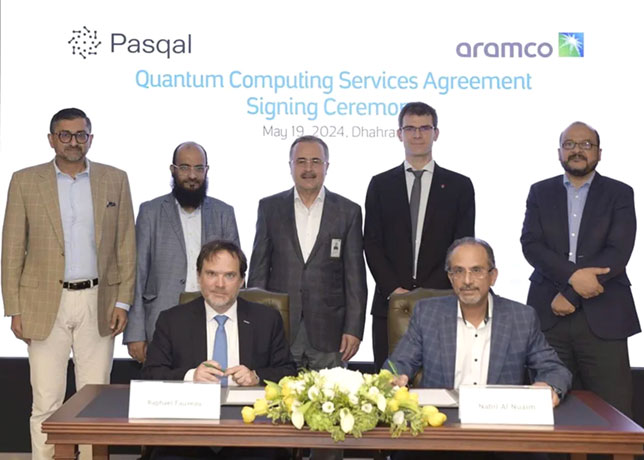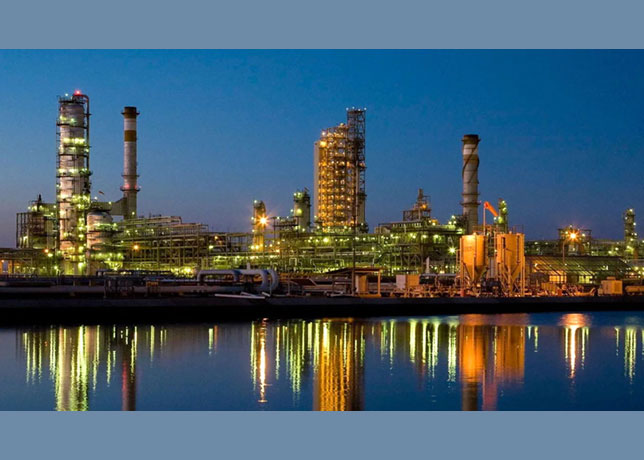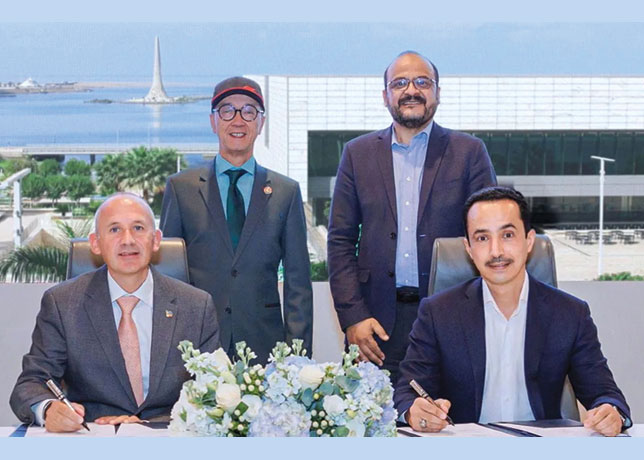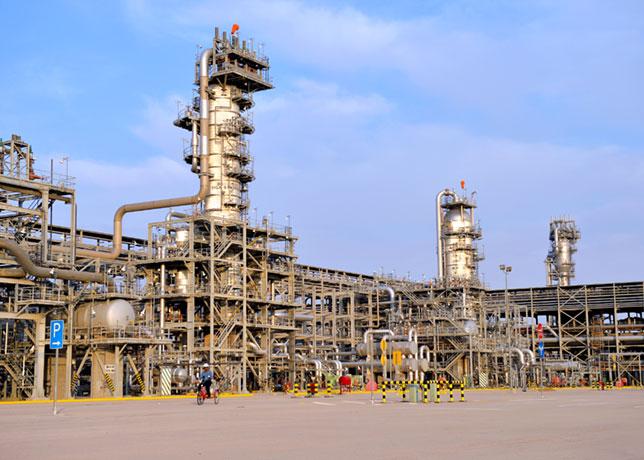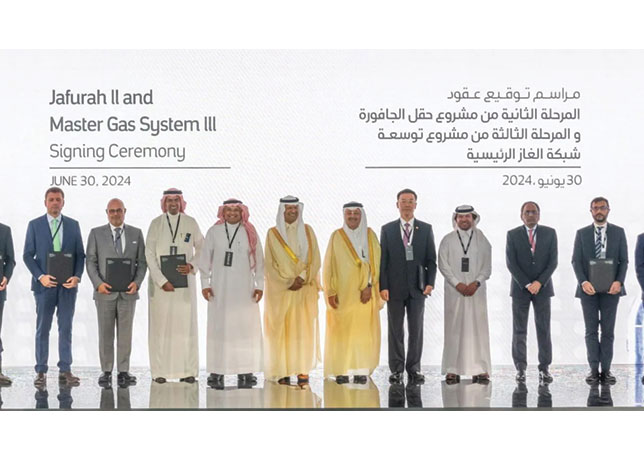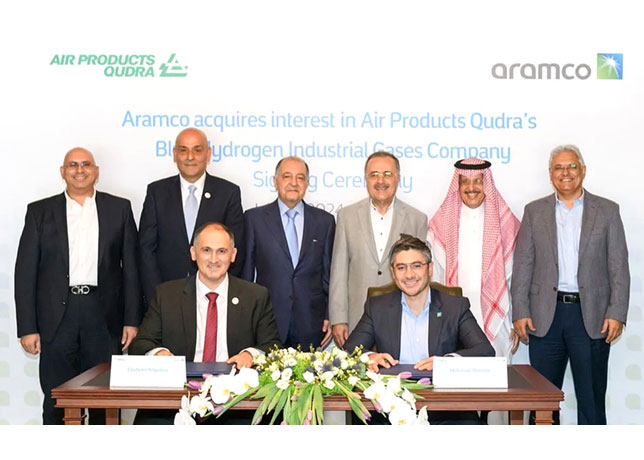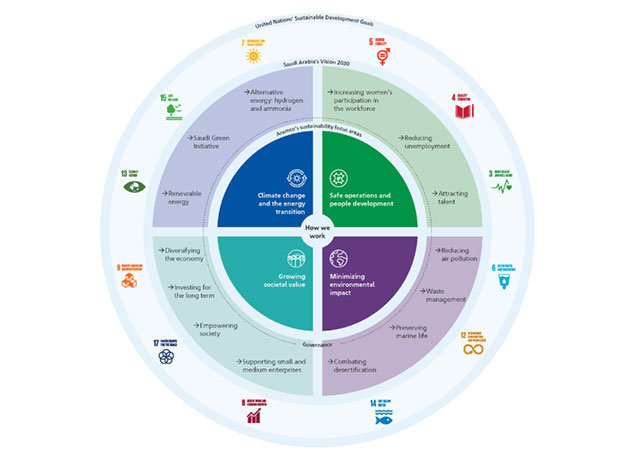
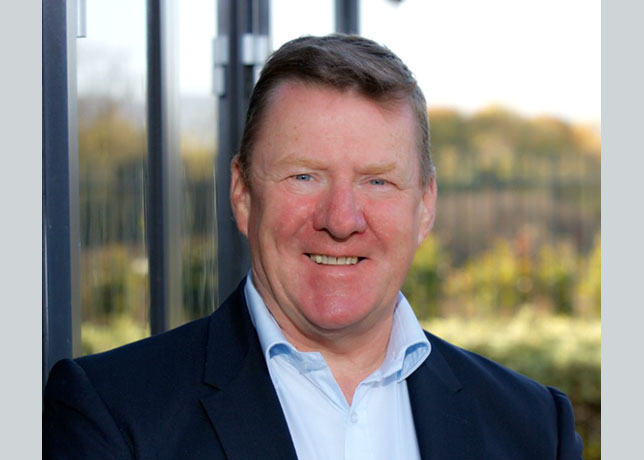 Paul Foley
Paul Foley
With global LPG demand surging, companies must embrace digital transformation, streamline operations, and focus on sustainability to stay competitive and capitalise on a $61.19 billion growth opportunity, Paul Foley tells OGN
The rising demand for cleaner and greener energy sources that are more sustainable is changing the landscape of the energy sector as a whole.
While the fossil fuel industry is under pressure, the opportunities within the global LPG sector continue to grow.
A greater public appreciation for LPG as a versatile replacement of fossil fuels is growing, particularly in the domestic and transport sectors.
A strong market outlook accelerating at a CAGR of 3.81 per cent from 2023 to 2027 also means more players are entering the arena. In actual numbers, this is $61.19 billion.
The future of the industry is being shaped by myriad trends such as digital transformation, new customers and a changing geographic footprint, and decarbonisation, in both developed and emerging nations.
In Europe, for example, LPG is being used more for domestic as well as industrial heating purposes, while in the developing world, governments are promoting it as a replacement for environmentally unfriendly cooking fuels.
Staying ahead of the curve and adapting to the changing landscape is crucial if companies wish to maintain a competitive edge.
 |
Monitoring fuel stock is essential for LPG distribution companies |
The energy sector has always been a volatile one, affected by natural influences and political issues. In addition, the focus on environmental matters has changed the landscape.
Here are four key strategies for LPG companies to adopt in order to navigate challenges and ride the growth curve successfully:
• Drive efficiency, particularly in resource management: Adopting technology that is linked seamlessly across systems and departments means that tasks can be automated, resources can be allocated economically, and data can be accessed in real-time.
This will assist with order processing as well as service delivery, and customer communication. In an industry where competition is stiff, these can make the difference.
For example, a flowmeter tracker that’s linked to the organisation’s ERP systems will monitor stock electronically and in real time.
Issues en route can be flagged, and customers notified, while invoicing happens immediately after stock delivery, ensuring quicker payments and better customer service.
 |
The flow meter bar in Dublin ... real-world examples of DreamTec's solution for LPG distribution firms |
Gartner’s research says: "Leading oil and gas companies will press ahead with coherent digital strategies designed to transform operations with intelligent operations as the strategic guiding principle. These companies will be ideally positioned for agility, resilience and adaptability in the transforming energy ecosystem."
In the same research paper, 79 per cent of CIOs saw digital optimisation as a priority for operational and digital excellence.
• Reducing costs and driving efficiency work hand-in-hand: A system that works seamlessly across an organisation’s resources, will streamline administrative processes, saving time, reducing the impact of human error, and cutting costs.
This can be an unpredictable industry of fine margins, but leveraging technology in the complex network of infrastructure, logistics and regulatory frameworks will maximise those margins.
• Retain and attract customers: Due to the growth of this market and an influx of new players, price points have become key in the ability to compete effectively. Churn is high and the cost of acquiring customers is high.
Target market analysis has become crucial. The focus should be on the most promising market channels for your business.
Growth objectives should be clearly outlined and an action plan developed with achievable goals for a specific demographic of customer.
Again, the implementation of suitable technology will drive business forward in an industry that has traditionally been slow in adoption.
Customers are users of digital sales platforms in every aspect of their lives, from online banking to Amazon, and a digital sales experience that enhances their encounter with your brand, will make the difference.
An app or website that’s user-friendly and meets the user’s needs well, could push the balance in your favour. Sometimes a good user experience will outweigh a slightly higher price.
Another area where users may distinguish your product over others, is on its sustainability score.
Can you offer products that are more eco-friendly, such as BioLPG? With climate change awareness being what it is, and depending on your target market, this will be a likely factor in customers’ decision-making.
Companies like QatarEnergy, one of the major players in the LPG and LNG sector, recognises the critical importance of sustainability, as well as operational responsibility, and social and economic development.
Incorporating such suppliers into the supply chain and demonstrating that ethos within your strategy will filter through to the end user.
• Improve security: Adopt a software solution that not only maps to businesses’ ERP systems to track data such as delivery routes to enhance efficiency, but also monitors and tracks LPG stock that’s being supplied as it’s being delivered to site.
The importance of security throughout the complex supply chain shouldn’t be underestimated.
Highly flammable, LPG needs strict procedures to ensure safety and security along the way. A secure supply chain minimises theft, sabotage or tampering, or negligent logistical management.
In conclusion, Gartner’s sensible recommendations for this current growth period include:
• Move beyond delivering multiple disparate streams of digital initiatives to create a coherent roadmap of digital programs that arwe clearly aligned to the strategic targets set.
• Update and modernise digital foundations with a coherent architecture and essential technologies to enable the aligned roadmap.
Efficiency, cost reduction, customer acquisition, and improved security will be the key pillars in those organisations that are able to adapt within this industry. Embracing technology will help protect LPG distributor’s vital asset – their fuel stock.
* Paul Foley is CEO of DreamTec Systems - a comprehensive stock, fleet and order management system that allows distribution-based companies to take control of operations to grow their businesses and drive profitability.
By Abdulaziz Khattak



